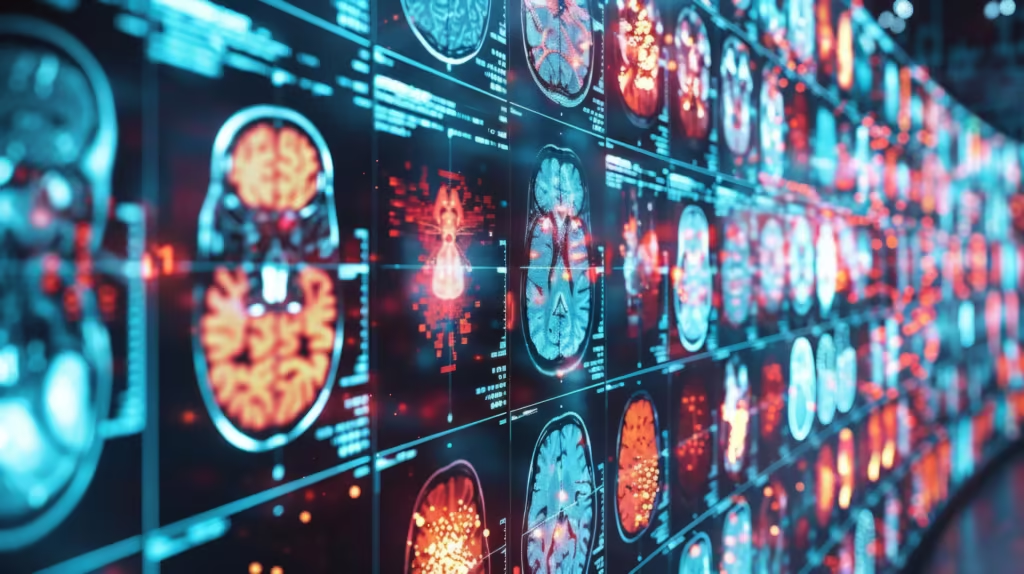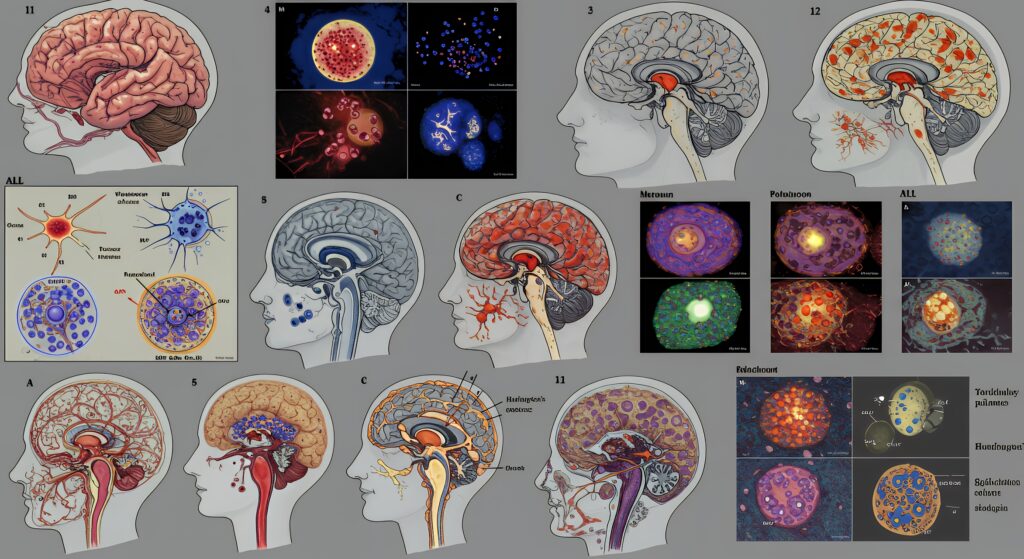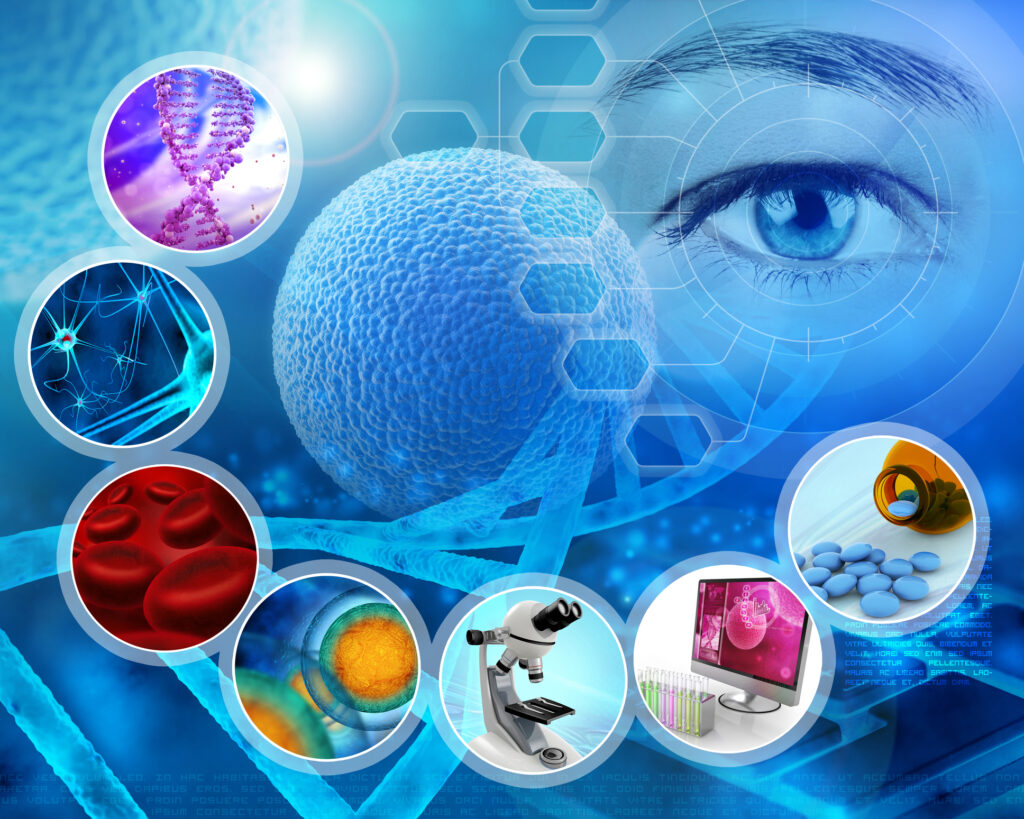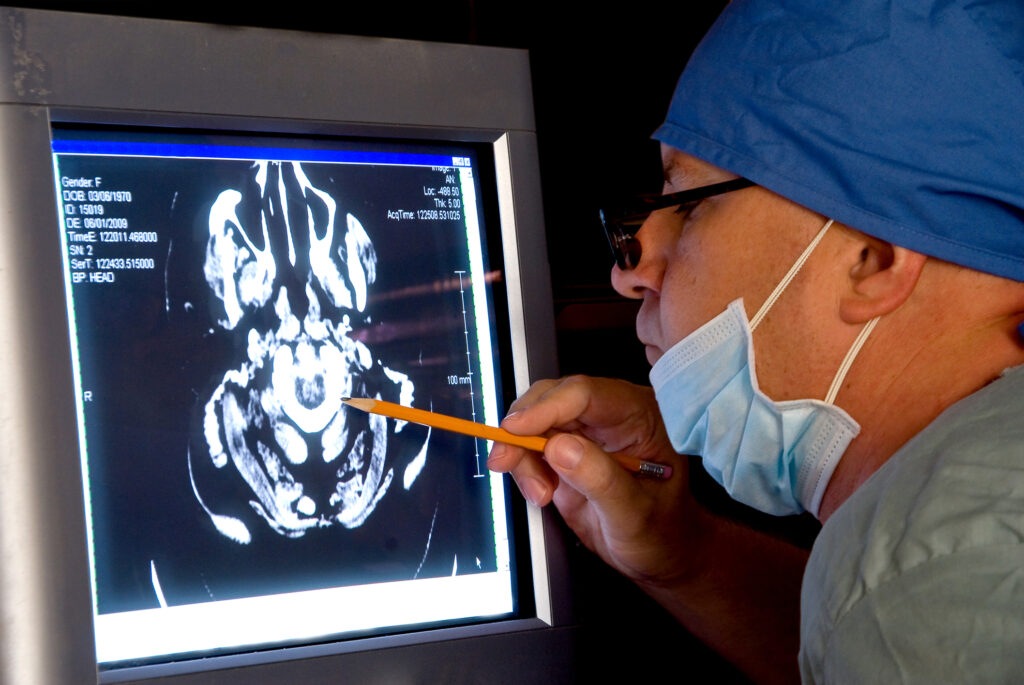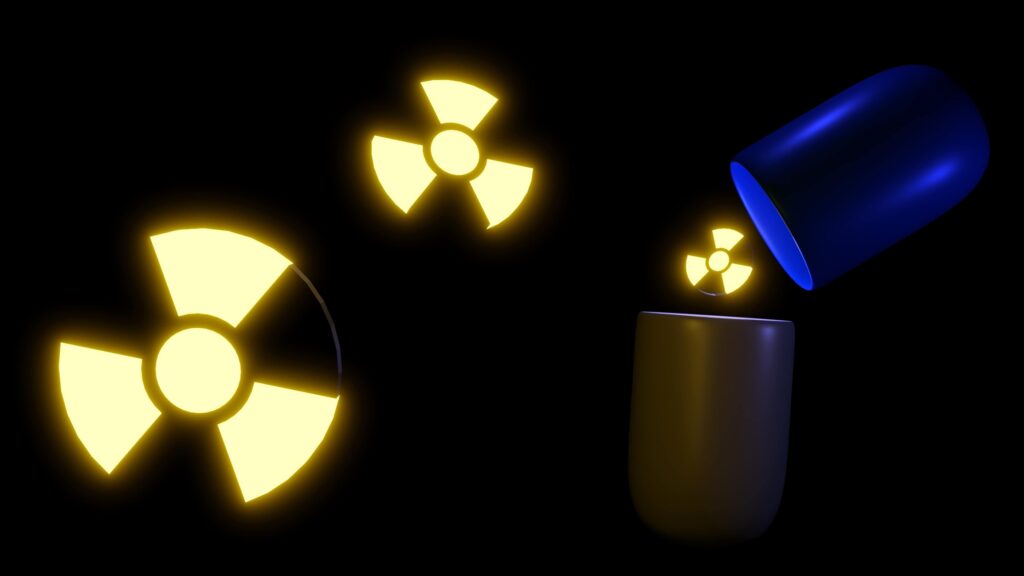EXPLORE · LEARN · CONTRIBUTE
Healthcare Science Hubs
Open MedScience advances medical imaging and healthcare science through expert-led publishing and structured hubs. We support research, innovation and evidence-based professional practice.
EXPLORE · LEARN · CONTRIBUTE
Open MedScience advances medical imaging and healthcare science through expert-led publishing and structured hubs. We support research, innovation and evidence-based professional practice.
